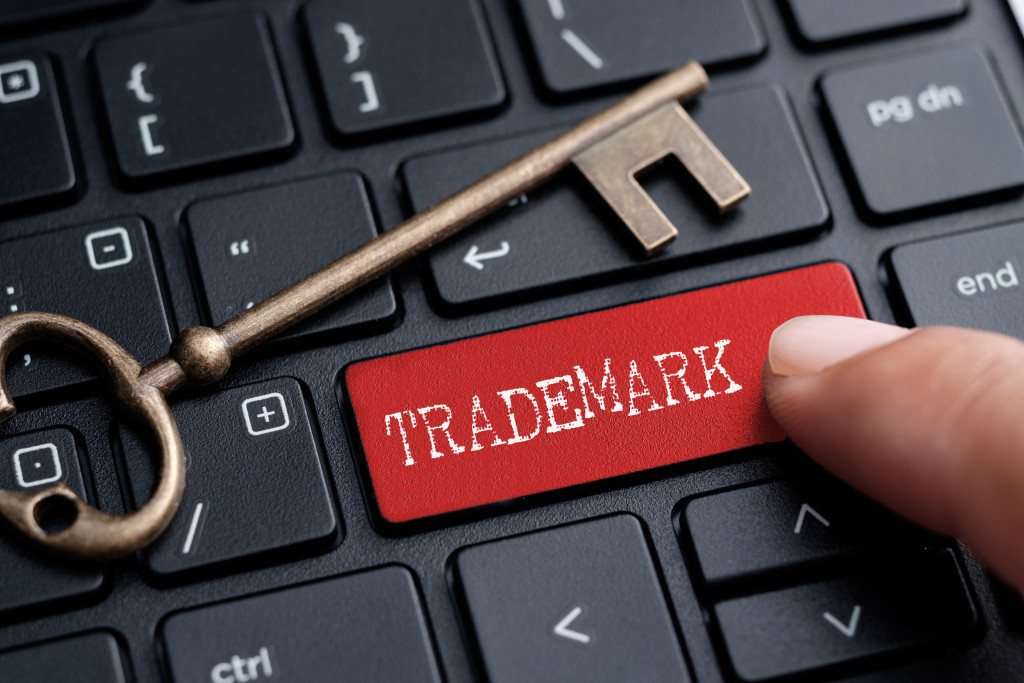• Securing patents in multiple territories is necessary to protect inventions from being copied or used without permission.
• Design patent protection can provide exclusive rights to product designs for up to 15 years in many countries.
• Consult a lawyer with expertise in international IP law to understand the various laws and regulations concerning protection abroad.
• Sign non-disclosure agreements (NDAs) with employees and partners outlining how confidential information must be protected.
As an entrepreneur or business owner, you know that there is immense value in protecting your intellectual property. But what happens when you have a business that operates in multiple countries? How do you ensure your creations are safeguarded abroad just as they are at home? Here are some smart strategies for protecting your intellectual property when operating overseas.
Register Your Trademarks and Copyrights Abroad
The first step in protecting intellectual property should be registering trademarks and copyrights abroad. Each country has laws governing the registration of trademarks and copyrights, so it’s important to research before registering any IP abroad.
In many countries, such as China, registering a trademark is especially important. Failure to do so can result in someone else filing and then preventing you from using the same mark or logo within their borders. To get started, here’s what you need to know about registering IP abroad.
Secure Your Patents in Multiple Territories
Securing patents in multiple territories is highly advisable if you are creating a product or service that includes patented technology. Depending on the nature of the product or service, you may need to secure patent protection in every country where it will be sold. This process can be long and expensive, but protecting your inventions from being copied or used without permission is necessary.
Design Patent Protection
If you are looking for protection for the design of your product, then consider securing a design patent. This type of patent is available in many countries, including the United States, Canada, the United Kingdom, Germany, China, and Australia. Design patents provide exclusive rights to a product designer for up to 15 years in most countries. This type of protection is particularly important if you sell products with unique designs overseas.
Secure Your Domain Names
Another important step in protecting your intellectual property abroad is to secure domain names for your business. Domain names are unique identifiers for websites and should be registered in every territory where you intend to do business online. Not only will this protect your brand, but it can also help prevent confusion if someone else registers a similar domain name in another country.

Seek Professional Legal Advice When Necessary
When conducting business abroad, it’s essential to understand the various laws and regulations concerning IP protection in each country. Undertaking this task without professional legal counsel can be intimidating, so it’s wise to consult a seasoned lawyer with expertise in these matters. They will be able to advise you on the best course of action for protecting your IP abroad while also providing insight into any potential pitfalls.
If you have developed technology critical to your business, you must consider hiring a technology patent attorney. These professionals specialize in patent law and can help secure the necessary protection for your technology in multiple countries. They can also advise protecting your intellectual property against infringement or counterfeiting.
Sign Non-Disclosure Agreements with Employees and Partners
If you have employees or partners located overseas, they must sign non-disclosure agreements (NDAs) that outline how information about your products or services must be protected.
What Should Be Included in an NDA
Non-disclosure agreements should include details of the confidential information being shared, such as drawings, designs, or processes used to develop products or services. The agreement should also specify how this information can be used and how long it must remain confidential. Additionally, NDAs should state that any breach of confidentiality could result in legal action being taken.
NDAs should include specific language stating that any confidential information shared must not be disclosed beyond those granted access by the company. This should also state any legal remedies available if the agreement is breached.

In Case of Breach
If you suspect your intellectual property is being used without permission in another country, it’s important to take action immediately. Contact a lawyer specializing in international IP law and consider filing for a restraining order or injunction against the party responsible. You can negotiate a settlement or take legal action to protect your IP.
Protecting your intellectual property abroad is essential to running a successful business and safeguarding the hard work you’ve put into developing products and services. Taking the necessary steps can help ensure that your inventions are safe and secure. With the right strategy in place, you can enjoy peace of mind knowing your product is protected from infringement abroad.



